我不知不覺一個月就過去了! 最近來一個月的進步令我很滿意。原因在於我不用再浪費時間申請工作了,可以專心致志地學習中文了。換句話說:我被錄取了!俗話說:找工作真是個全職工作。其實,與其說我被錄取了不如說我終於被錄取了來得更確切。 從開始申請工作的9月份到目前為止,連一個星期都沒停申請工作職位。我不要分享準確的數字為的是不要被老闆發現,要不然他可能會覺得我不欣賞這個職位。其實,這個遠不如事實。我縱使不能說這位工作是我唯一申請的,卻我至少得承認是在夢想的工作職位。因此我自己相信的是:凡是以前申請工作的經驗都是令我到達這裡,而且都對我的面試技術和行業知識有貢獻。我還是應該承認。
除此之外,最近一個月都挺正常的。我有一個在愛丁堡大學認識的中國朋友來到台灣拜訪她在中國高中認識的一些台灣朋友。她邀請我與他們一起吃晚飯,因此我們到了公館夜市去,首先在一個泰式餐廳吃點,其中我最喜歡的一向是木瓜沙拉,然後在路上逛逛試試台灣夜市裡常常有的食物。其實,雖然越南麵包並不算是台灣夜市的食物,不過只是要是你去公館夜市,這個算是一家非吃不可的越式餐廳,是台北的第一名。我到底是個很簡單的愛吃三明治的英國人。Ellie 吃了台灣炸的食物 – 它的名字我都不知道。即使我以前住在台灣一年了,我還是分辨不出來好多菜單上的食物。我之前以為重視認識菜單上的菜只是個瑣碎的可以忽視的分辨,我以為沒有努力記住的必要。我現在卻發現要是我在中國或台灣與同事一起吃晚飯,或是公司邀請我把重要客人吃晚飯,如果我掌握華人的基本菜單食物的話,不但可以表示我對他們的尊重,而且可以拉近我們之間的關係。再加上,一定會讓我日常生活容易得多!我希望能要吃什麼就吃什麼,不要再像目前拿出來手機查一下幾個字或是隨機地點菜然後後悔。
綜上所述,收到了好的工作通知後,我終於轉注意力到我的生活中其他剩下的缺憾,其中重要的包含:我還沒掌握好華人餐廳的菜單!
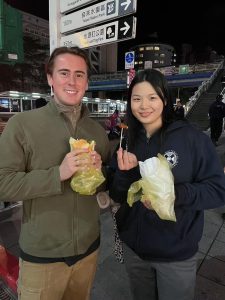
A month has passed without my realising it! I am very satisfied with my progress in the last month. The reason is that I don’t have to waste my time applying for jobs anymore and I can concentrate on my Chinese studies. In other words, I’ve been hired! As the saying goes, finding a job is a full-time job. In fact, saying ‘I have been hired’, isn’t as accurate as saying ‘I have finally been hired’. From the time I started applying for jobs in September until now, I haven’t stopped applying for jobs for even a week. I don’t want to share the exact figures because I don’t want my boss to find out, otherwise he might think that I don’t appreciate the position. In fact, this is far from the truth. Even though I can’t say that this is the only job I applied for, I have to at least admit that it is my dream job. So what I believe for myself is that all of my previous job applications have led me here and have contributed to my interviewing skills and knowledge of the industry.
Other than this, the last month has been pretty normal. A Chinese friend of mine from Edinburgh University came to Taiwan to visit some Taiwanese friends she knew from her high school in China. She invited me to join them for dinner, so we went to the Gongguan night market. First we ate at a Thai restaurant, my favourite is, as always, the papaya salad, and then we wandered around trying some typical food from Taiwanese night markets. Actually, I had a Banh Mi. Although Banh Mi is not really a Taiwanese night market food, you cannot go to Gongguan Night Market and not get the Banh Mi, it’s the best in Taipei. I’m a simple sandwich-loving Brit, and Ellie ate Taiwanese fried food – the name of which I don’t even know. Even though I lived in Taiwan for a year before, I still can’t tell a lot of the food on the menu. I used to think that the importance of knowing what’s on the menu was just a trivial, and I didn’t think there was any point in trying to memorise it, but now I’ve realised that if I’m having dinner with colleagues in China or Taiwan, or if my company invites me to take an important guest to dinner, if I have a good grasp of the basic Chinese menu, it’s not only a way to show them my respect, but also a way to bring them closer to me and to my colleagues. Plus, it would definitely make my daily life much easier! I would like to be able to eat whatever I want, instead of having to take out my mobile phone to look up a few words or order at any time and then regret it.
To summarise, after receiving a good job offer, I finally got to turn my attention to the other remaining imperfections in my life, including the important one: I still haven’t mastered the Chinese restaurant menu!
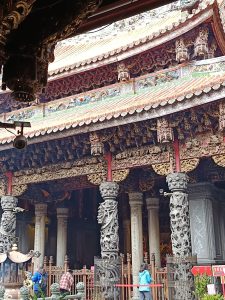
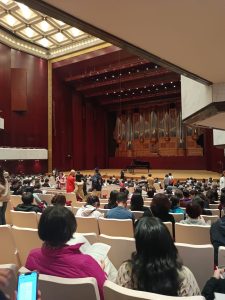
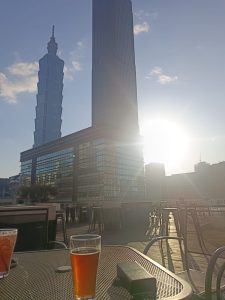
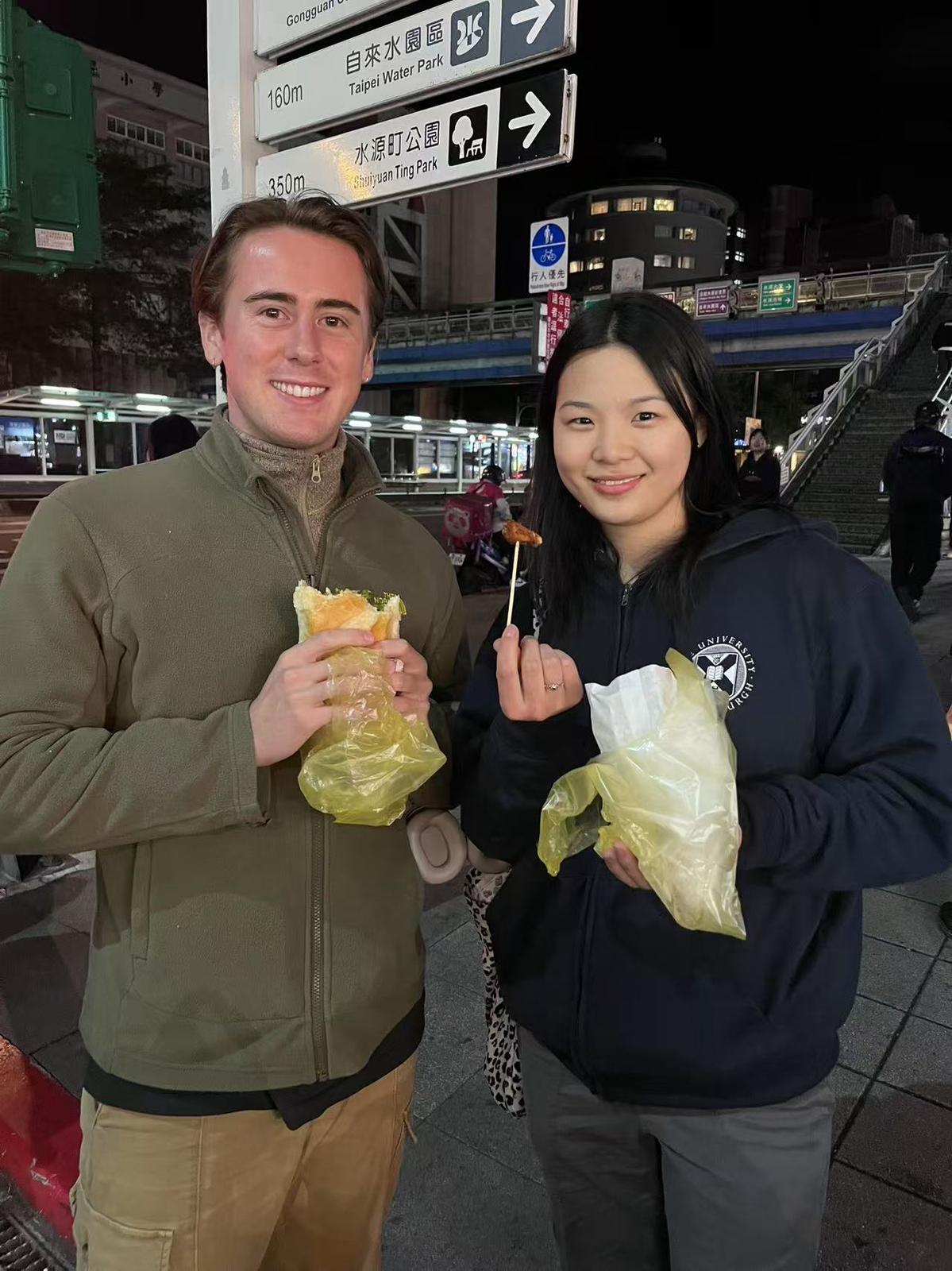
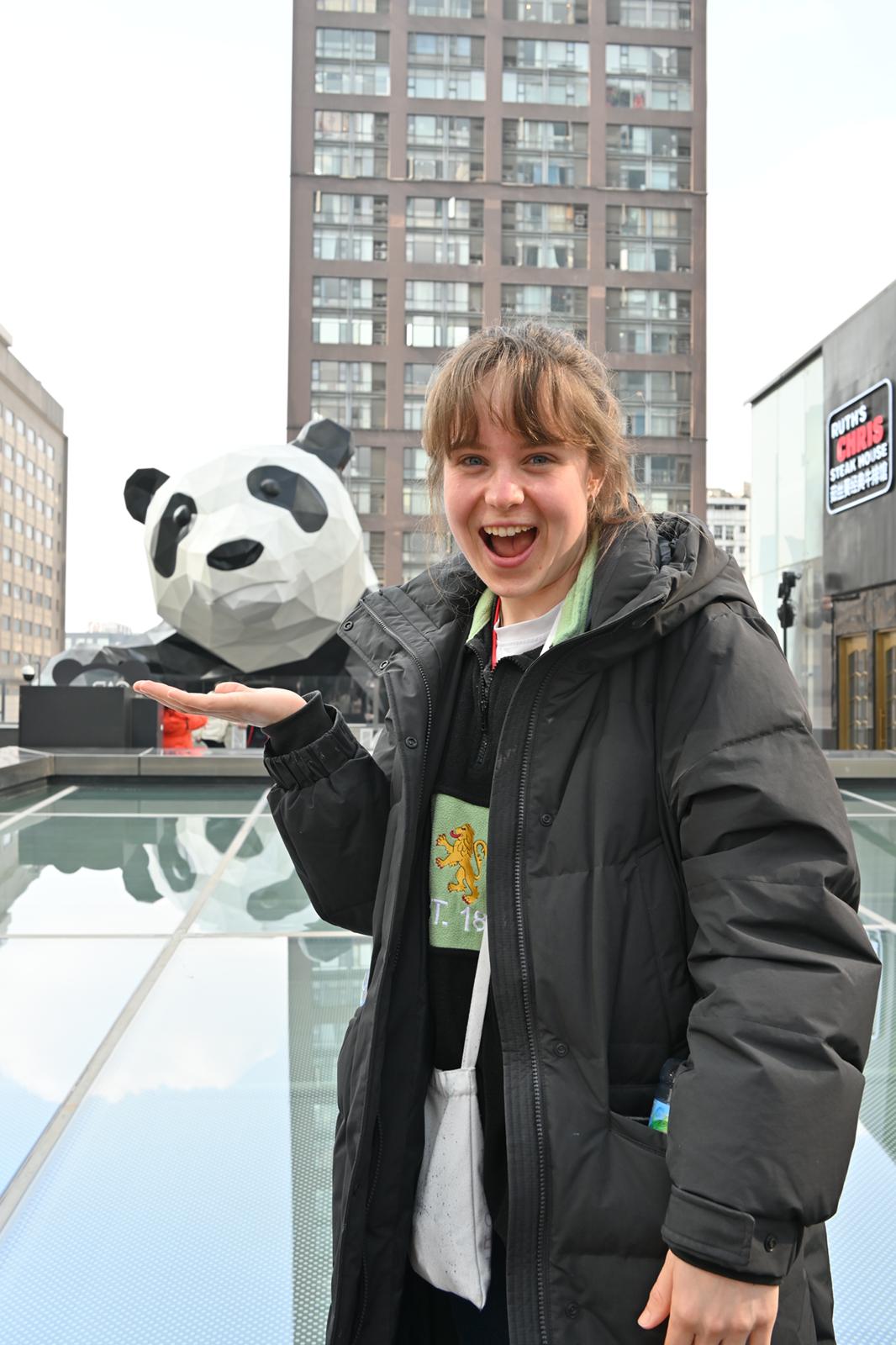
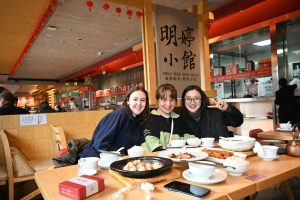
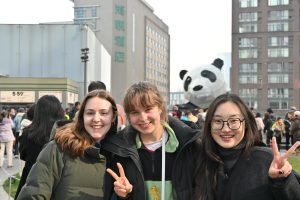
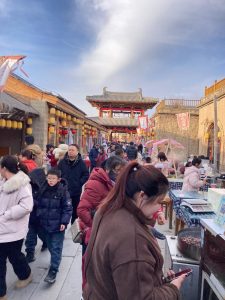

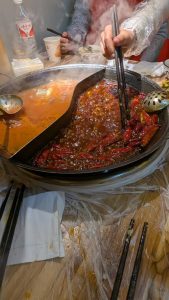
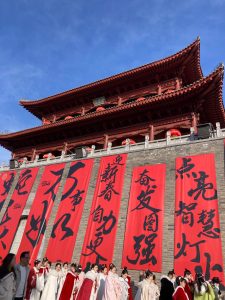

 ]
]